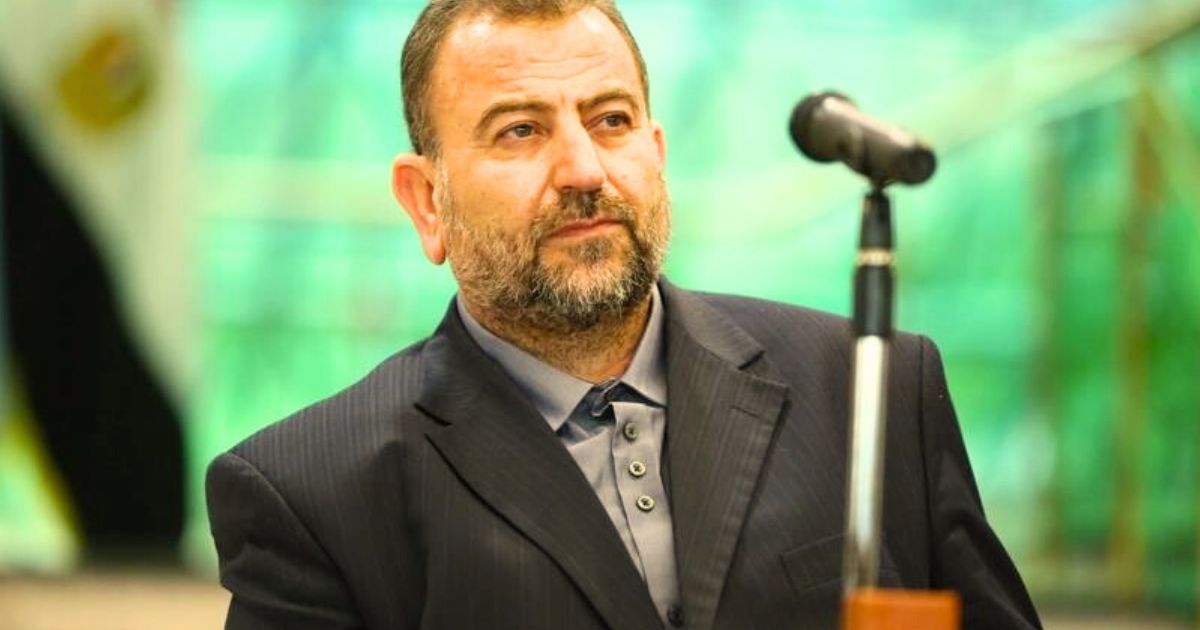Minister of Agriculture and Culture Abbas Mortada announced that Lebanon will begin drilling for oil next Thursday. The decision to begin was made by the cabinet after the awaited drillship arrived in Lebanese waters.
On Thursday, February 20th, the Lebanese Council of Ministers held a session in which officials discussed several points and ultimately ratified a couple of major resolutions.
In addition to authorizing a law concerning the Kuwaiti housing loan project, the Lebanese government approved the decision to utilize the Bahamian Tungsten Explorer drillship and start drilling for oil in Block 4.
Minister Mortada pointed out that a license from the Ministry of Environment must be acquired before any offshore digging could commence.
However, because attaining such a license requires time – between 30 and 90 days – and considering that Lebanon would have to wait a full year for the ship to return in case it is not utilized soon upon its arrival, the cabinet decided to go through with the approval.
As reported by Elnashra, the Tungsten Explorer will “probably” begin working in Block 4 next Thursday, February 27th.
And meanwhile, the government will be working on securing the required license from the Ministry of Environment as soon as possible.
Because drilling and processing crude oil could pose a serious environmental threat, it is necessary to abide by the concerned ministry’s guidelines to avoid, or at least reduce, the pollution of Lebanon’s territorial waters as well as the atmosphere.
According to the latest studies conducted by foreign experts on Lebanon’s oil and gas resources, the country owns the equivalent of 900 million barrels of petroleum and 95 trillion cubic feet of natural gas.
This translates to around 600 billion dollars worth of gas and 450 billion dollars of petroleum.
If all goes well and Lebanese officials do handle responsibly the income that these vital resources can generate, then Lebanon will have a golden opportunity to revive its economy and restore, as well as further develop, its financial stability.

















